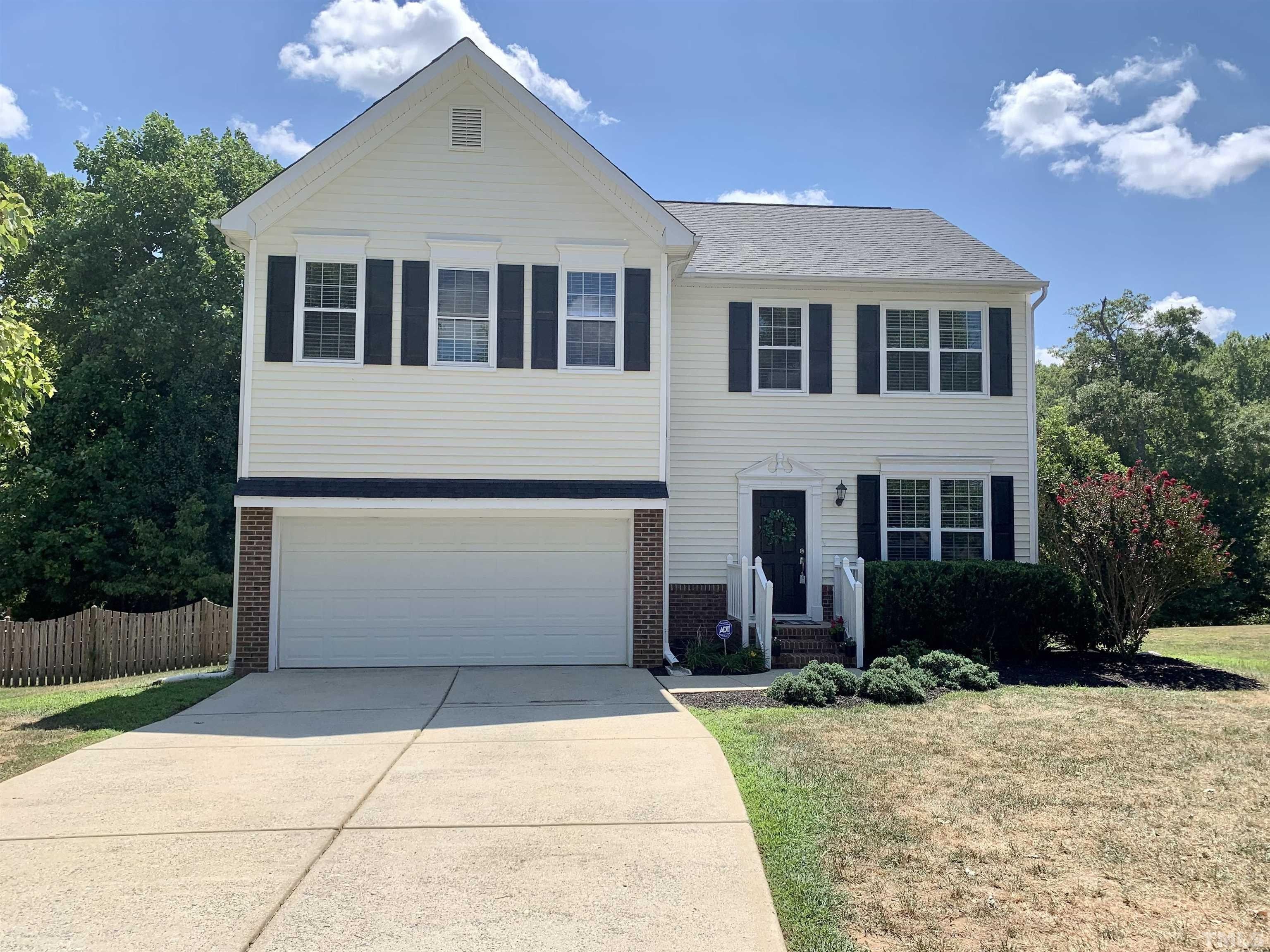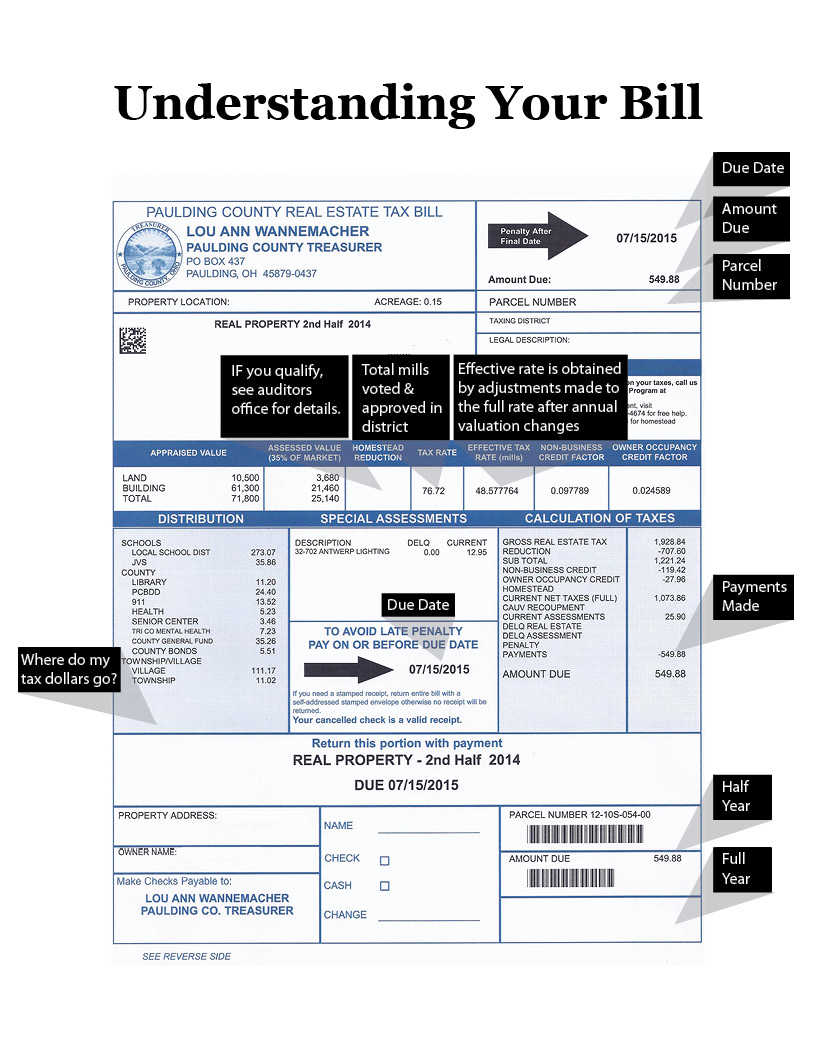Understanding Wake County NC Real Estate Tax Bill: A Comprehensive Guide
Real estate taxes in Wake County, NC, are a critical financial consideration for homeowners. Whether you're a first-time buyer or a seasoned property owner, understanding how the real estate tax bill works can help you manage your finances effectively. This guide will break down everything you need to know about Wake County's property tax system, including how taxes are calculated, deadlines, exemptions, and more.
Property taxes are one of the primary sources of revenue for local governments, and Wake County is no exception. These taxes fund essential services like public schools, law enforcement, and infrastructure development. However, navigating the complexities of the Wake County NC real estate tax bill can be daunting without the right information.
This article aims to provide you with a detailed overview of Wake County's real estate tax system. From understanding the assessment process to exploring potential tax relief options, we'll cover all the essential aspects to ensure you're well-informed and prepared. Let's dive in.
Read also:Tyler Jameson The Story Behind Tim Millers Husband
Table of Contents
- Introduction to Real Estate Tax in Wake County NC
- How Property Taxes Are Calculated
- Important Dates and Deadlines
- Understanding Your Tax Bill
- Tax Exemptions and Relief Options
- Appealing Property Assessments
- Frequently Asked Questions
- Key Statistics on Wake County NC Real Estate Taxes
- Resources for Property Owners
- Conclusion
Introduction to Real Estate Tax in Wake County NC
Wake County, located in North Carolina, is home to the state capital, Raleigh, and is one of the fastest-growing counties in the United States. With its booming economy and vibrant communities, property ownership in Wake County is both a rewarding and significant financial commitment. One of the key aspects of owning property in Wake County is understanding the real estate tax bill.
The Wake County NC real estate tax bill is determined based on the assessed value of your property and the tax rate set by the local government. Property taxes are used to fund essential public services, including public schools, emergency services, and infrastructure improvements. Understanding how this system works can help you plan your finances and avoid potential penalties for late payments.
It's important to note that property taxes in Wake County are reassessed periodically to reflect changes in property values. This reassessment ensures that the tax burden is distributed fairly among property owners. In the following sections, we'll explore how these taxes are calculated, key dates to remember, and ways to potentially reduce your tax liability.
How Property Taxes Are Calculated
Assessment Process
The first step in calculating your Wake County NC real estate tax bill is the assessment process. During this process, the Wake County Tax Office determines the assessed value of your property. The assessed value is typically a percentage of the market value of your property.
- Market value is determined through appraisals and sales data.
- The assessed value is usually set at 100% of the market value in Wake County.
- Reassessments occur every four years to ensure accurate valuations.
Tax Rate
Once the assessed value is determined, the tax rate is applied to calculate your tax bill. The tax rate in Wake County is expressed as a dollar amount per $100 of assessed value. For example, if the tax rate is $0.70 per $100, a property assessed at $200,000 would have a tax bill of $1,400.
Read also:Who Is Ali Wongs Boyfriend 2024 A Comprehensive Guide
Formula: Tax Bill = (Assessed Value / 100) x Tax Rate
Important Dates and Deadlines
Knowing the important dates and deadlines related to your Wake County NC real estate tax bill is crucial to avoid penalties and ensure compliance. Here are some key dates to keep in mind:
- January 1st: The assessment date for property taxes in Wake County.
- July 1st: Tax bills are mailed to property owners.
- October 31st: The deadline for paying property taxes without incurring penalties.
- December 31st: The final deadline for paying taxes to avoid legal action.
Failure to pay your taxes by the specified deadlines can result in penalties, interest charges, and even property liens. It's essential to stay organized and plan ahead to meet these deadlines.
Understanding Your Tax Bill
Components of the Tax Bill
Your Wake County NC real estate tax bill contains several important components that provide detailed information about your tax liability. These components include:
- Assessed Value: The value of your property used to calculate taxes.
- Tax Rate: The rate applied to your assessed value to determine your tax bill.
- Exemptions: Any applicable exemptions that reduce your tax liability.
- Payment Due Date: The deadline for paying your taxes without penalties.
Reading Your Tax Bill
When you receive your tax bill, it's important to carefully review all the details. Ensure that the assessed value is accurate and that any exemptions you qualify for are reflected. If you notice any discrepancies, contact the Wake County Tax Office promptly to address the issue.
Tax Exemptions and Relief Options
Homestead Exemption
The Homestead Exemption is a valuable relief option available to qualifying homeowners in Wake County. This exemption reduces the taxable value of your primary residence, resulting in lower property taxes. To qualify, you must meet certain residency and ownership requirements.
Senior Citizen and Disabled Exemptions
Wake County offers additional exemptions for senior citizens and individuals with disabilities. These exemptions can significantly reduce your tax burden and provide financial relief. Eligibility criteria and application processes vary, so it's important to check with the Wake County Tax Office for more information.
Appealing Property Assessments
If you believe your property's assessed value is inaccurate, you have the right to appeal the assessment. The appeal process involves submitting a formal request to the Wake County Board of Equalization and Review. During the appeal, you may need to provide evidence supporting your claim, such as recent sales data or appraisal reports.
Key steps in the appeal process include:
- Filing an appeal application within the specified timeframe.
- Gathering relevant documentation to support your case.
- Attending a hearing if necessary to present your arguments.
Frequently Asked Questions
What happens if I don't pay my Wake County NC real estate tax bill on time?
If you fail to pay your property taxes by the deadline, you may incur penalties and interest charges. Additionally, the county may place a lien on your property, which can affect your ability to sell or refinance it. In extreme cases, failure to pay taxes can result in foreclosure proceedings.
Can I pay my Wake County NC real estate tax bill online?
Yes, Wake County offers an online payment option through their official website. This convenient method allows you to pay your taxes securely using a credit or debit card. Be aware that there may be a small convenience fee associated with online payments.
Key Statistics on Wake County NC Real Estate Taxes
Understanding the broader context of Wake County's real estate tax system can provide valuable insights. Here are some key statistics:
- Wake County collects over $1 billion in property taxes annually.
- The average property tax rate in Wake County is approximately $0.70 per $100 of assessed value.
- Approximately 90% of property owners pay their taxes on time each year.
These statistics highlight the importance of property taxes in funding public services and the high compliance rate among property owners in Wake County.
Resources for Property Owners
Wake County provides several resources to help property owners navigate the tax system:
- Wake County Tax Office Website: Offers detailed information on tax rates, deadlines, and payment options.
- Board of Equalization and Review: Handles property assessment appeals and provides guidance on the appeal process.
- Local Tax Consultants: Professionals who can assist with tax planning and compliance.
Taking advantage of these resources can help you stay informed and make the most of available tax relief options.
Conclusion
In conclusion, understanding your Wake County NC real estate tax bill is essential for managing your property ownership responsibilities effectively. From the assessment process to appealing inaccurate assessments, this guide has provided you with a comprehensive overview of the key aspects of Wake County's property tax system.
We encourage you to review your tax bill carefully, explore available exemptions, and take advantage of online resources to stay informed. If you have any questions or need further clarification, don't hesitate to contact the Wake County Tax Office or consult with a tax professional.
Help us spread the word by sharing this article with other property owners in Wake County. Your feedback and comments are also valuable in helping us improve and expand our content. Together, we can ensure that everyone has the information they need to navigate the complexities of real estate taxes in Wake County, NC.


